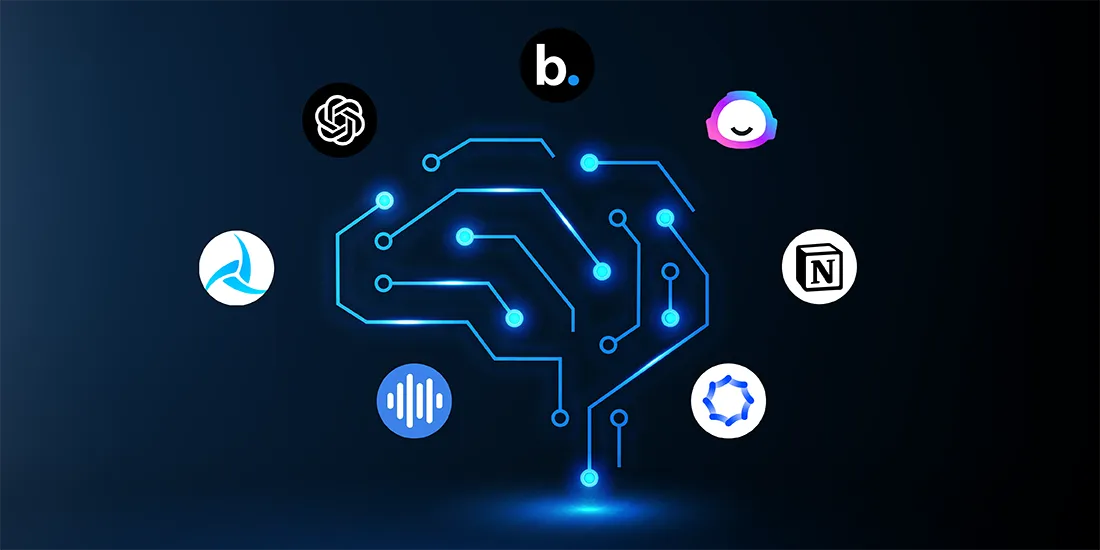The Rise of AI Tools: Transforming Our World
In recent years, artificial intelligence (AI) has transitioned from a futuristic concept to an integral part of everyday life. AI tools are revolutionizing various industries, enhancing productivity, and transforming how we approach tasks. This article explores the different Ai Tools categories of AI tools, their applications, and the implications they have for our future.
Understanding AI Tools
AI tools can be broadly categorized into three main types:
- Machine Learning Platforms: These tools enable systems to learn from data and improve over time without explicit programming. Common applications include predictive analytics, recommendation systems, and image recognition.
- Natural Language Processing (NLP) Tools: These focus on the interaction between computers and humans through natural language. They are used in applications like chatbots, virtual assistants, and sentiment analysis.
- Robotic Process Automation (RPA): RPA tools automate repetitive tasks by mimicking human actions. They are commonly used in data entry, invoice processing, and customer service.
Applications Across Industries
1. Healthcare
AI tools are making significant strides in healthcare. Machine learning algorithms can analyze medical data to assist in diagnostics, predict patient outcomes, and personalize treatment plans. Tools like IBM Watson Health use vast amounts of data to provide insights that support clinical decision-making.
2. Finance
In finance, AI tools enhance fraud detection, automate trading, and provide personalized financial advice. Algorithms analyze market trends and customer behavior to optimize investment strategies and risk management.
3. Marketing and Sales
NLP tools are transforming marketing strategies. Chatbots enhance customer engagement by providing instant support, while AI-driven analytics help marketers understand consumer behavior, enabling targeted campaigns and improved conversion rates.
4. Manufacturing
Robotic process automation in manufacturing streamlines operations by automating repetitive tasks such as assembly line work and inventory management. Predictive maintenance tools use AI to foresee equipment failures, reducing downtime and maintenance costs.
5. Education
AI tools in education personalize learning experiences. Adaptive learning platforms assess students’ strengths and weaknesses, tailoring content to meet individual needs. Additionally, AI can automate administrative tasks, allowing educators to focus on teaching.
Benefits of AI Tools
The benefits of integrating AI tools into various sectors are manifold:
- Increased Efficiency: Automation of repetitive tasks saves time and resources.
- Enhanced Accuracy: AI systems can analyze vast datasets with precision, reducing human error.
- Data-Driven Decision Making: AI tools provide insights that empower organizations to make informed decisions.
- Personalization: Tailored experiences improve customer satisfaction and engagement.
Challenges and Considerations
While the potential of AI tools is immense, several challenges need addressing:
- Ethical Concerns: Issues related to data privacy, algorithmic bias, and job displacement require careful consideration.
- Dependency on Data: The effectiveness of AI tools often relies on the quality and quantity of data available.
- Skill Gaps: As AI technology evolves, the demand for skilled professionals who can develop and manage these tools is increasing.
The Future of AI Tools
Looking ahead, the evolution of AI tools is likely to continue at a rapid pace. Emerging technologies such as quantum computing could further enhance AI capabilities, leading to breakthroughs in areas like drug discovery and climate modeling.
Moreover, the integration of AI with other technologies—like the Internet of Things (IoT) and blockchain—will unlock new possibilities, creating smarter, more efficient systems.
Conclusion
AI tools are reshaping industries and redefining the way we live and work. While they offer numerous advantages, it’s essential to navigate the associated challenges thoughtfully. As we embrace this technological revolution, fostering an ethical approach to AI will be crucial in ensuring that its benefits are shared equitably across society. The journey of AI is just beginning, and its potential to transform our world is both exciting and promising.


Post Comment